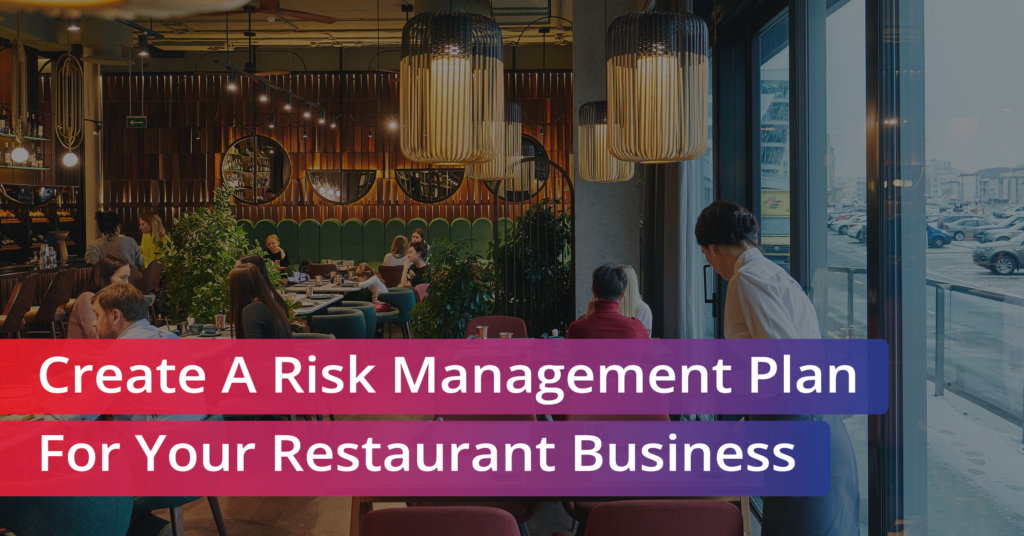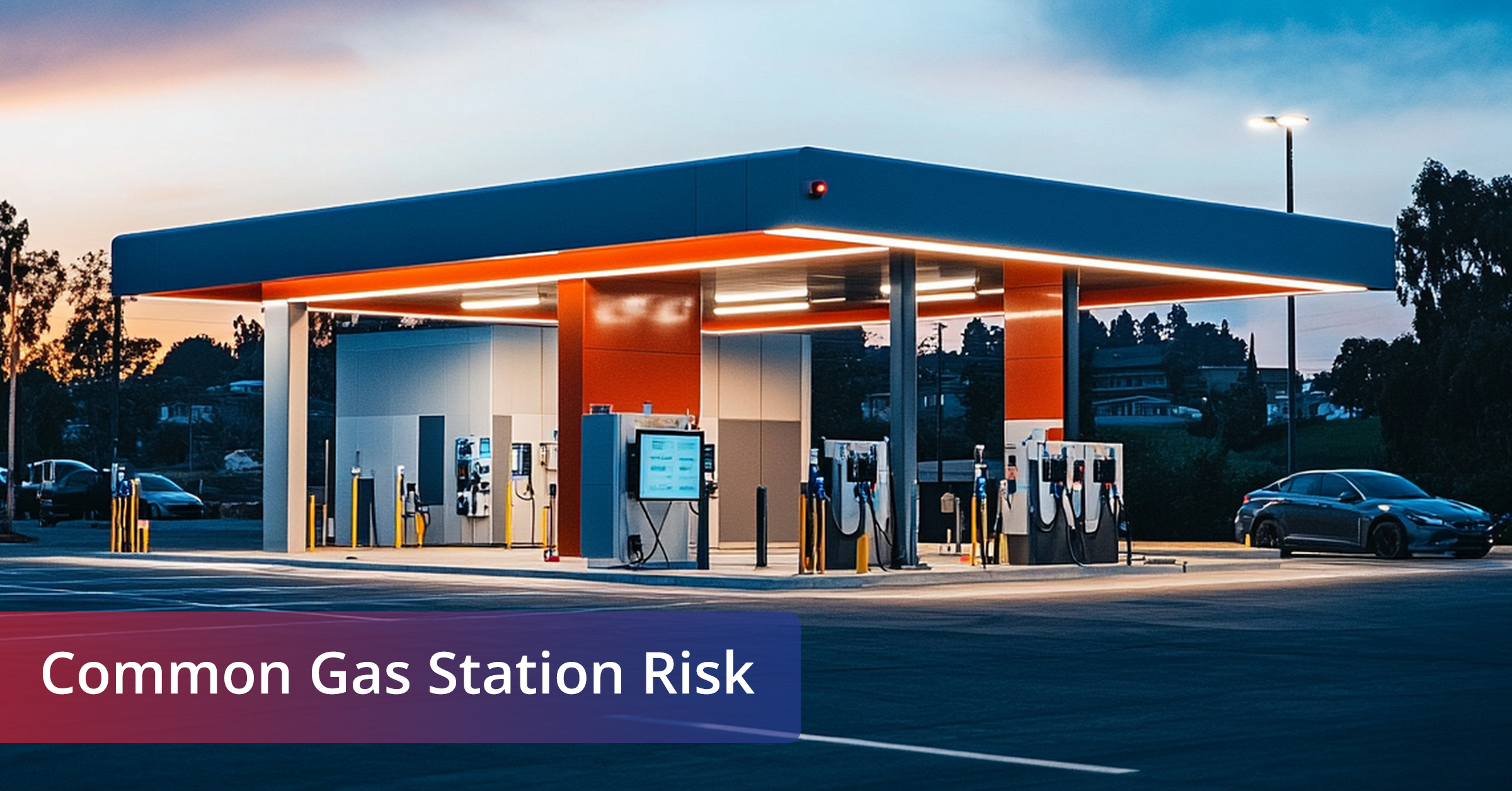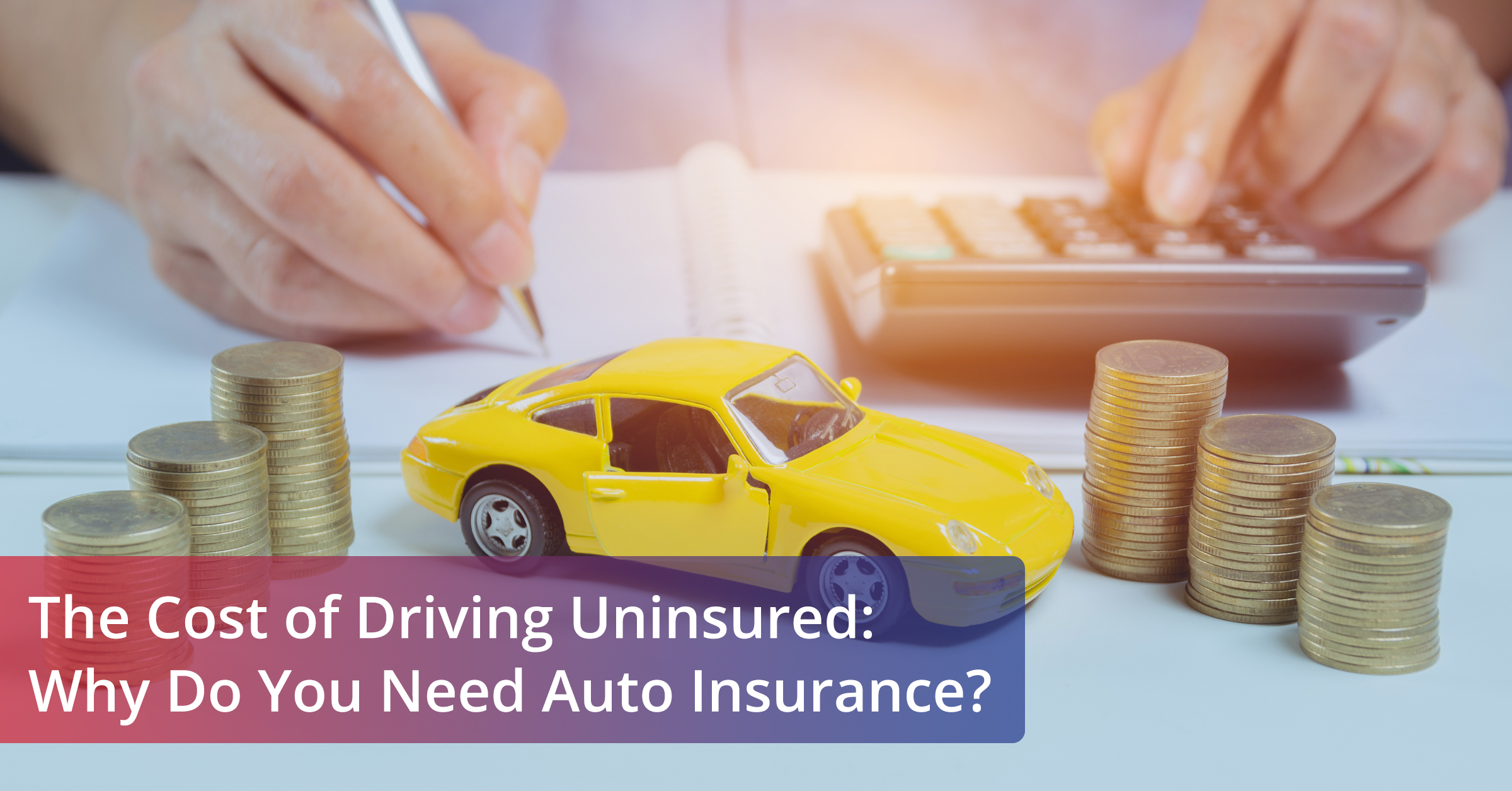Do you own a restaurant? Then you must have a risk management plan for your restaurant business in place. If you’re not sure how to create one, this blog will help you get a headstart.
Every business has a certain level of risk that comes with the trade. Whether it’s an internal risk or an external threat is up to the business owner to realize. Only after that can one design an efficient risk management policy.
Developing a risk management plan for your restaurant can be tricky if you don’t have every aspect of the plan work efficiently. That includes equipment, employees, and the expected reaction of customers. How you control these aspects determines the success of your risk management plan.
So in this article, we’re going to discuss certain norms you can develop in your restaurant business and amongst your employees that will help you efficiently initiate your risk management plan.
Employee Training
Even if you have a hands-on approach to your business, your employees still perform a major part of the daily tasks. So having qualified and trained employees that act appropriately is essential. As a restaurant owner, it’s your job to train your employees with various risk management strategies.
You should also hire supervisors for certain aspects of the plan to ensure that it’s implemented efficiently. Some of the common aspects that you can focus on are as follows:
Work safety protocols: Your employees need to be efficiently trained to deliver the dishes to the table. Especially when it comes to large orders, they should know how to carry heavy items without causing stress to themselves or dropping the items along the way. The kitchen staff should adhere to kitchen safety rules at all times. Even the slightest of distractions or playing around can lead to major accidents.
However, if an employee still gets injured on the job, they should be immediately taken to the hospital where your Workers Compensation Insurance will cover their well-being.
Workplace safety procedures: Your employees should be aware of various food storage and handling protocols to minimize the loss of inventory. They should also know what actions to take if there is a fire, robbery, or any other incident in your vicinity.
Customer and alcohol service: Employees should be aware of how to deal with dissatisfied, intoxicated, or agitated customers at all times. They should understand the importance of observing customer alcohol intake and know how to tackle such situations without causing a scene. These risk monitoring strategies will drastically reduce the number of incidents and protect your restaurant.
Using Technology To Your Advantage
Technology is an asset when you know how to incorporate and manage it into your business. Apart from having anti-virus software and a password-protected wifi network, you can take some more benefits from them.
Installing security cameras within the restaurant helps you monitor customer and employee behavior and acts as evidence when you need to submit an insurance claim or file a report. Having a POS system set up provides you with a secured and hassle-free system of transactions in your restaurant.
Of course, if the technology backfires and you have to deal with hacks or data breaches, then you can always trust your Cyber Liability Insurance to come to your rescue.
Maintenance Reduces Risks And Losses
Regular maintenance and management of your restaurant’s inventory, kitchen tools, commercial restaurant equipment, and supplies will reduce the cost of repairs, replacements, and overall restaurant business risk. So it’s always wise to ensure that everything is thoroughly cleaned in the kitchen.
You should also do a weekly check on other equipment like refrigerators, stoves, ovens, chimneys, and anything else that isn’t actively maintained by the kitchen staff. It’s also always wise to reduce the clutter in the kitchen and pantry.
Having a clean and well-organized restaurant makes it a lot more efficient and reduces the risks and losses drastically. So make sure all these procedures are an important part of your safety management plan.
Managing Health And Safety Codes
The health and safety regulations of running a restaurant are quite clear. You just have to ensure that the restaurant is completely clean and all your employees follow the rules and regulations of the kitchen and floor. But keeping up with them can be a difficult task.
As the restaurant owner, you need to make sure that all your employees maintain proper personal hygiene, always wear the appropriate attire in the kitchen, conduct regular food inspections, and keep the place spotless. After the end of the business day, they should also rigorously clean the surface, facilities, storage spaces, equipment, and anything else that can catch bacteria.
You should also ensure that your restaurant has enough safety equipment like fire extinguishers easily accessible for use. These habits will help you with operational risk, business risk, and financial risk management processes. Once this system is put in place, you should also receive a very positive grade when a health inspector visits your restaurant.
Get A Restaurant Business Insurance
In the end, having the best Restaurant Insurance policy that covers most of your areas of concern is a must. So make sure you get the right plan that includes Restaurant Insurance premiums like Commercial Property Insurance, Workers Compensation Insurance, Spoilage Insurance Coverage, Equipment Breakdown Coverage, and Cyber Liability Insurance. The right Restaurant Insurance Coverage can keep you protected even during dire situations.
If you need help with finding the right plan or are looking for Restaurant Insurance costs, then you can get in touch with our insurance experts on 855-539-2333 or write to us at info@exceedinsurance.com, and we will resolve all your queries. Stay tuned for more tips on restaurant management and insurance.
Recommended read: Reasons why you shouldn’t opt for Restaurant Insurance cancellation
FAQs
What is a restaurant risk management plan?
A restaurant management plan highlights the necessary strategies to identify, assess any risks in your restaurant business. It helps you protect your business from any possible risks like accidents and financial losses.
What should I include in my restaurant risk management checklist?
Your restaurant risk management should include items like:
- Safety Procedures
- Food Safety Management
- Health Compliance
- Equipment Maintenance
- Emergency Preparedness
- Customer Safety
- Risk Assessment
- Insurance Coverage
These elements help ensure a safe environment and reduce risks.
What are some common financial risks in the restaurant business?
Some common financial risks in the restaurant business include changing food costs, unexpected repairs of the property, loss of income due to any emergencies.
How can I identify possible risks in my restaurant business?
One can perform regular assessments of the property, gather employee feedback, review past accidents to identify any possible risks in your restaurant business. This careful approach helps you be prepared for any potential issue in future.
Why is employee training important for restaurant risk management?
Employee training for restaurant business is essential because this equips all staff with knowledge to handle emergency situations. Well- trained employees can help reduce the likelihood of accidents.
How can I ease operational risks in my restaurant?
To ease operational risks in your restaurant, maintain proper equipment, enforce food safety standards, create clear instructions for staff to follow. These few practices help you minimize any disturbances and ensure smooth operations.
What role does insurance play in managing risks for my restaurant?
Insurance plays a very crucial role in managing risks for your restaurant by providing financial protection for any accidents, property damage or any liability claims. Having proper coverage helps you secure your business’s future.






